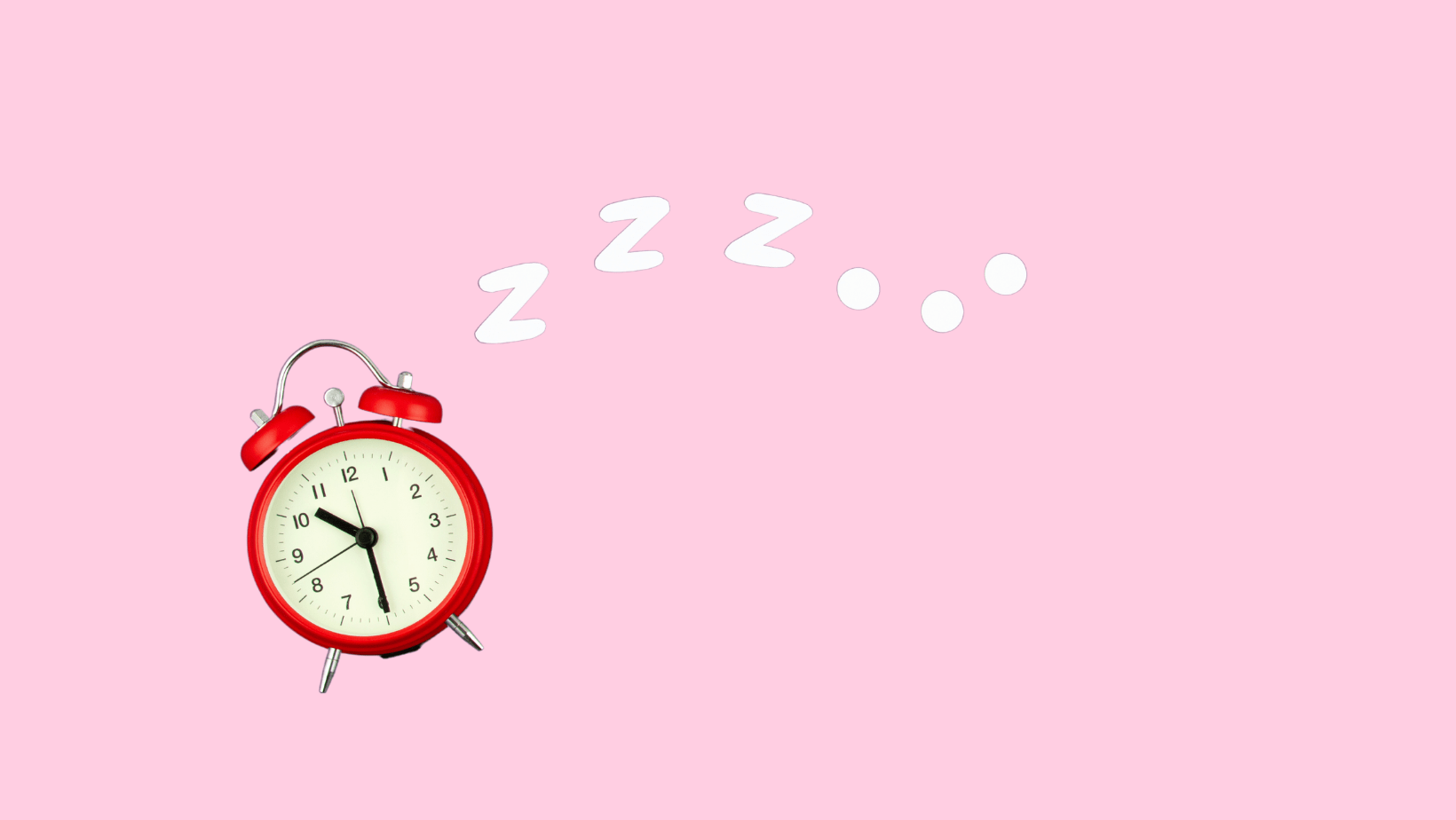The link between your sleep patterns and your sex life

Fact: sex and sleep are both crucial components of your physical health and emotional wellbeing. Having a good relationship with both increases your overall satisfaction with life—this should be no surprise.
It’s 100% worth noting that the relationship between sex and sleep goes both ways.
The bidirectional relationship between sleep and sex
Sex can contribute to overall better health, and, more specifically, orgasms can help you sleep better. Post orgasm, the body releases hormones like oxytocin and prolactin, which induce pleasant and relaxing feelings, triggering drowsiness, and making it easier to fall asleep. Sex also reduces levels of the stress hormone cortisol, which is always a happy-maker. Note: if sex isn’t an option, masturbation surely is!
On the flip-side, sleeping for longer periods has been linked to higher sexual desire and arousal. One study shows that sleep deprivation is linked to reduced desire and arousal in women. Meanwhile some research shows that men who work hours that disrupt sleep or who have sleep disorders (i.e., insomnia, sleep apnea, restless legs syndrome, shift work disorder) may have a higher risk of erectile dysfunction. Sleep disorders can also increase the likelihood of issues with the urinary tract—and they can make it harder to get hard (and stay hard). Not to mention, the depressive/anxious feelings that so often follow a period of crappy sleep can lead to sexual dysfunction all on their own. After all, the brain is our most potent sexual organ, is it not?

So, now that you know that quality sleep is integral to sustaining a quality sex life, and that, in turn, a quality sex life can improve your quality of sleep, the question is: how do you make sure you (and your partner, if applicable) get what you need?
How much sleep do you need to stay sexed?
Most adults need seven to nine hours of sleep each night to feel well-rested. In addition to being linked with sexual health, getting enough sleep also affects your mood, energy level, and countless other facets of life that may in one way or another affect your sex life.
While short-term sleep deprivation has been linked with a spike in horniness, it doesn’t actually increase your chances of having sex with your partner. In fact, over time, lacking sleep can lessen desire and arousal alike.
And although sleeping longer can at times reduce arousal, those who sleep longer on a regular basis report overall higher levels of arousal than those who sleep for shorter periods. And chew on this: sleeping just one hour more per night makes you 14% more likely to get it on the following day.
How much sex do you need to stay rested?
One’s sex life is affected by so many different factors, from age, to lifestyle, each partner’s health and natural sex drive, the quality of their relationship, and of course the quality of the sleep they're getting—to name just a few.
While there’s really no one right answer to the question, “How much sex is normal?”, many therapists advise couples to shoot for at least once a week. According to a study by David Schnarch, PhD, only 26% of couples are managing to do it once a week, with the majority of respondents reporting sex just once or twice a month, if not less.

How many of these respondents were getting enough sleep, we may never know. But given what we do know, it’s safe to assume that ample quality sleep works in favor of a healthy sex life.
But what to do if there is a discrepancy in your sex drives? If you want it more, are you doomed to laying awake at night, agonizingly full of desire? Amid the endless hustle-bustle of modern life as we know it, finding the time and energy to have sex, no matter how much we might want to intellectually, can be extraordinarily challenging. Clear and honest communication can go a long way. So can scheduling time for sex. There is zero shame in carving out space for what’s important to you. Plus, there’s always masturbation, friends—did I say that? And, of course, if one or both of you are chronically sleep deprived, that’s a good starting point too.
How to improve your sex-sleep balance
You can work on both your sex life and your sleep both at once by making a few simple changes. Consider the following tips:
- Only use your bed for sleep and sex. Other activities, like reading, scrolling, eating, or binging Netflix should happen elsewhere. If you can’t fall asleep after lying in bed for 20 minutes, leave your bed and avoid going back until you feel sleepy.
- Consider removing electronic devices with screens from your sleeping space, as they emit blue light that is thought to interfere with the sleep cycle.
- Avoid alcohol, tobacco, and caffeine in the hours before you go to bed, as they can all act as deterrents to sleep.
- Waking up and falling asleep at consistent times each day can do wonders for improving the quality of your sleep. So can other routines, like devoting the period before bed each night to meaningful relaxation. Sex may or may not be part of this routine.

While these tips alone may be super helpful, be sure to consult your doctor if you’re experiencing sexual dysfunction, sleep problems, or a combination of both which isn’t improving despite your efforts. Plus, couples (or single lovers) experiencing sex-related issues might also benefit from seeing a licensed sex therapist.
Here’s to sweet ‘n sexy Zzzzzzs for all y'all.